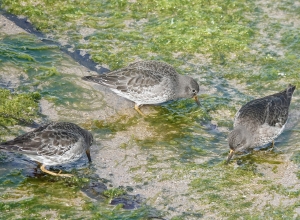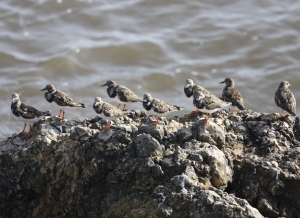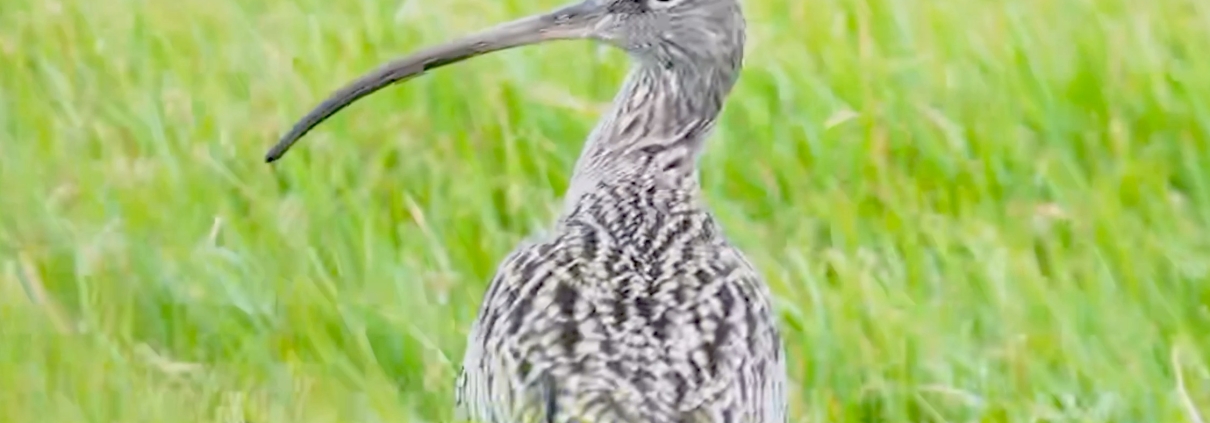South Tyneside Waders
Over the winters of 2019-20 and 2021-22 E3 Ecology were employed by South Tyneside council to carry out wader surveys at a group of fields in the borough. The aim was to determine the fields that are most attractive to foraging and roosting waders within the survey area. Waders are a special group of birds that include species that winter in North-East England in internationally important numbers, such as Turnstone and Purple Sandpiper which breed in distant places such as Iceland and Greenland. Waders also include many species of high conservation concern, such as Curlew, which has declined to the extent that it is now regarded as one of Britain’s highest conservation concerns.

Purple Sandpiper
E3 Ecology’s survey work in South Tyneside found non-breeding waders tend to use fields that contain short vegetation, such as autumn-sown cereal fields. Fields containing longer vegetation tend to be avoided. Waders also prefer larger fields that allow approaching predators to be spotted. Foxes, dogs and birds of prey all pose a potentially fatal threat to foraging and roosting waders, and early warning signs of their presence allows time to attempt to escape.
Survey work also showed how the distribution of waders can change at night. Some waders, such as Golden Plover and Lapwing, forage at night and use the daytime hours for sleeping. Golden Plover and Lapwing gather in large flocks to sleep during the day, but at night spread out and use fields that are never used during the daytime. Overall, E3 Ecology’s wader surveys in South Tyneside provided a valuable insight into how waders use fields during both day and night.

Turnstone



Leave a Reply
Want to join the discussion?Feel free to contribute!